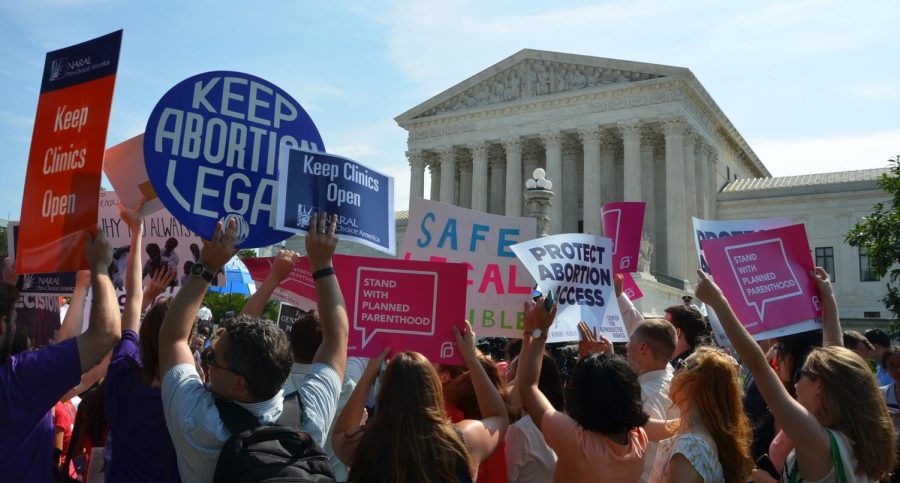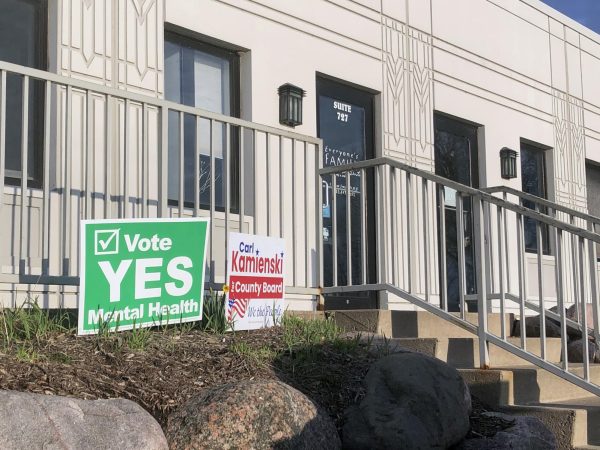Supreme court reviewing Texas abortion ban
The nation’s highest court will weigh in about whether citizens can enforce a controversial abortion ban
Adam Fagen / Flickr
This fall, the U.S. Supreme Court will hear cases that test whether Texas’s controversial abortion ban will stand — and ultimately overturn Roe V. Wade, which legalizes abortion.
November 4, 2021
A law passed on Sep. 1 in the Texas state legislature bans abortions upon the detection of cardiac activity in embryos, which usually occurs after six weeks, before most women are even aware they are pregnant.
This law allows members of the public to sue those who take part in assisting or facilitating illegal abortions.
Once cardiac activity is present in the embryo, anyone who performs an abortion or aid in anyway towards someone wanting an abortion, can be sued. Additionally, there is no exception for pregnancies resulting from rape or incest.
According to Sabrina Tavernise, a writer for the New York Times, “Instead of making state officials responsible for enforcing the law, the law allows private citizens to sue abortion providers and others who help women obtain the procedure. That help can include financial assistance or giving a woman a ride to a clinic.”
Anyone involved in aiding in abortion or performing one can be sued by private citizens. Because the state is not enforcing this law, it goes around existing federal abortion laws.
Stephen Vladeck, a constitutional law professor at the University of Texas at Austin, said, “It says the state is not going to be the one to enforce this law. Your neighbors are.”
Anyone is allowed to file lawsuits against people who perform or assist someone in getting an abortion. On top of the lawsuit, people or groups that are successfully sued can face penalties of at least $10,000.
The Supreme Court agreed to review the controversial Texas abortion ban. Many people believe the Supreme Court needs to step in instead of the responsibility being put on the citizens.
Nancy Northup, President and CEO of the Center for Reproductive Rights said, “The Supreme Court needs to step in and stop this madness. It’s unconscionable that the Fifth Circuit stayed such a well-reasoned decision that allowed constitutionally protected services to return in Texas.”
This controversial law has encouraged other states to pass similar laws. The Supreme Court is already scheduled to hear another major abortion case, involving a Mississippi law, in December, which could determine the fate of Rowe V. Wade, the court case that made way for legal abortions at the federal level.






















